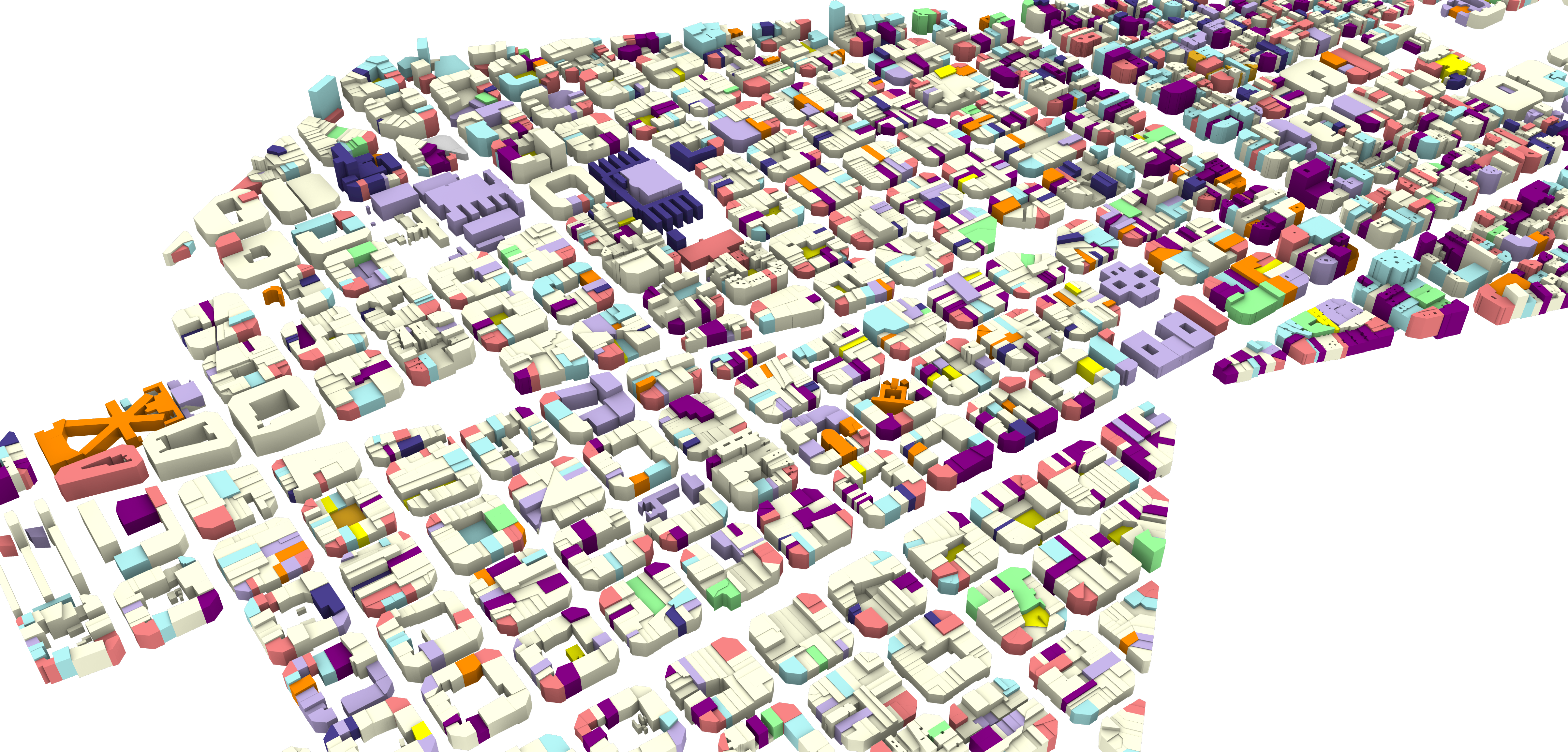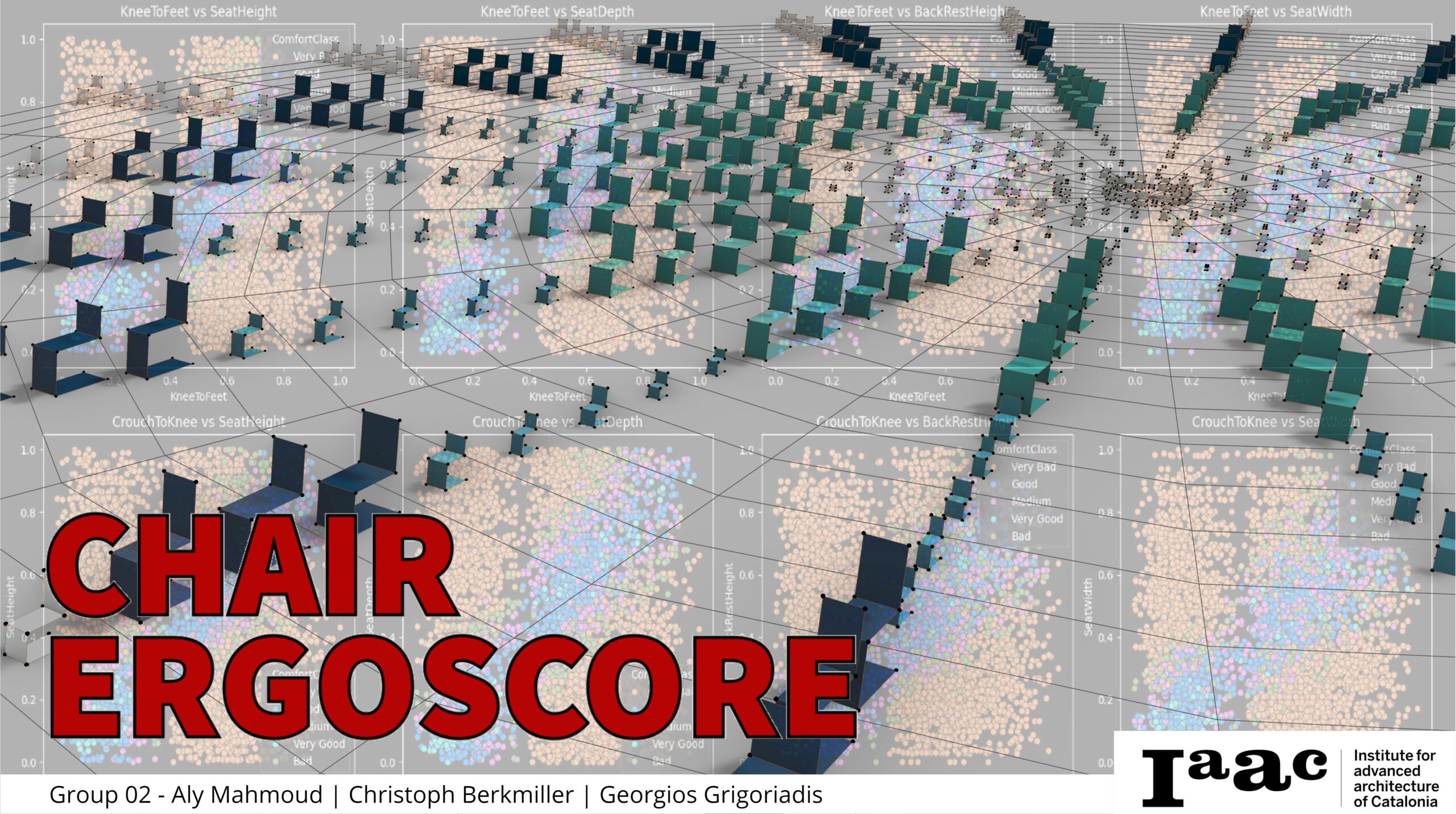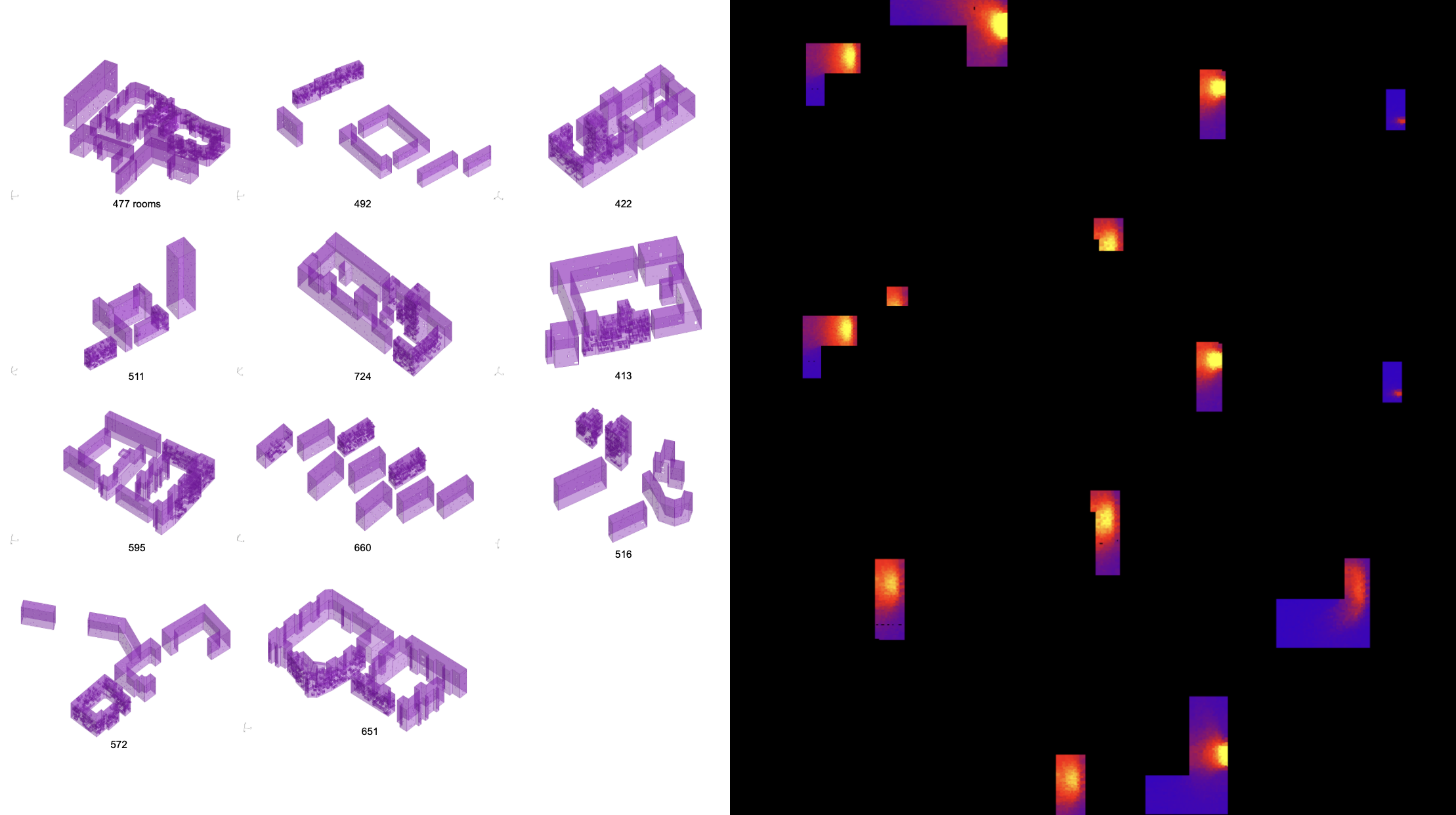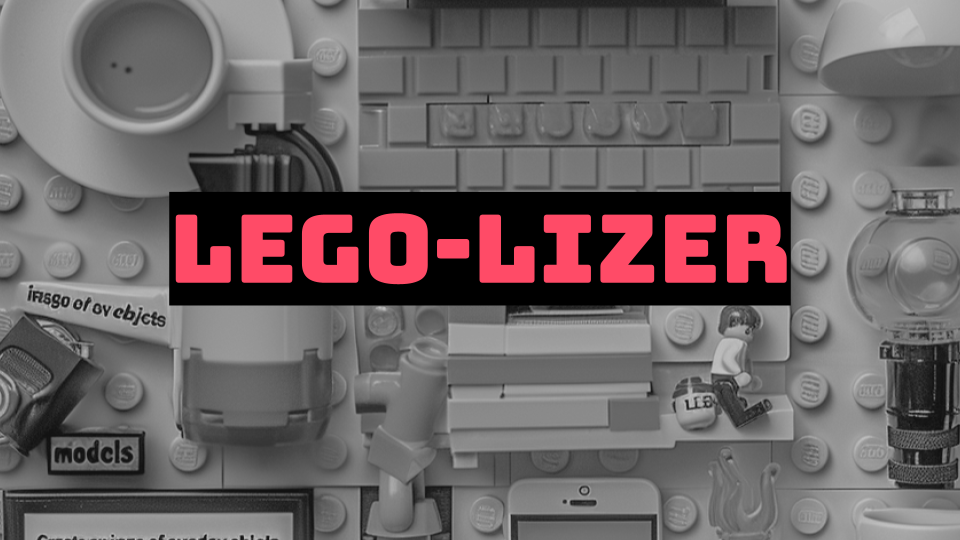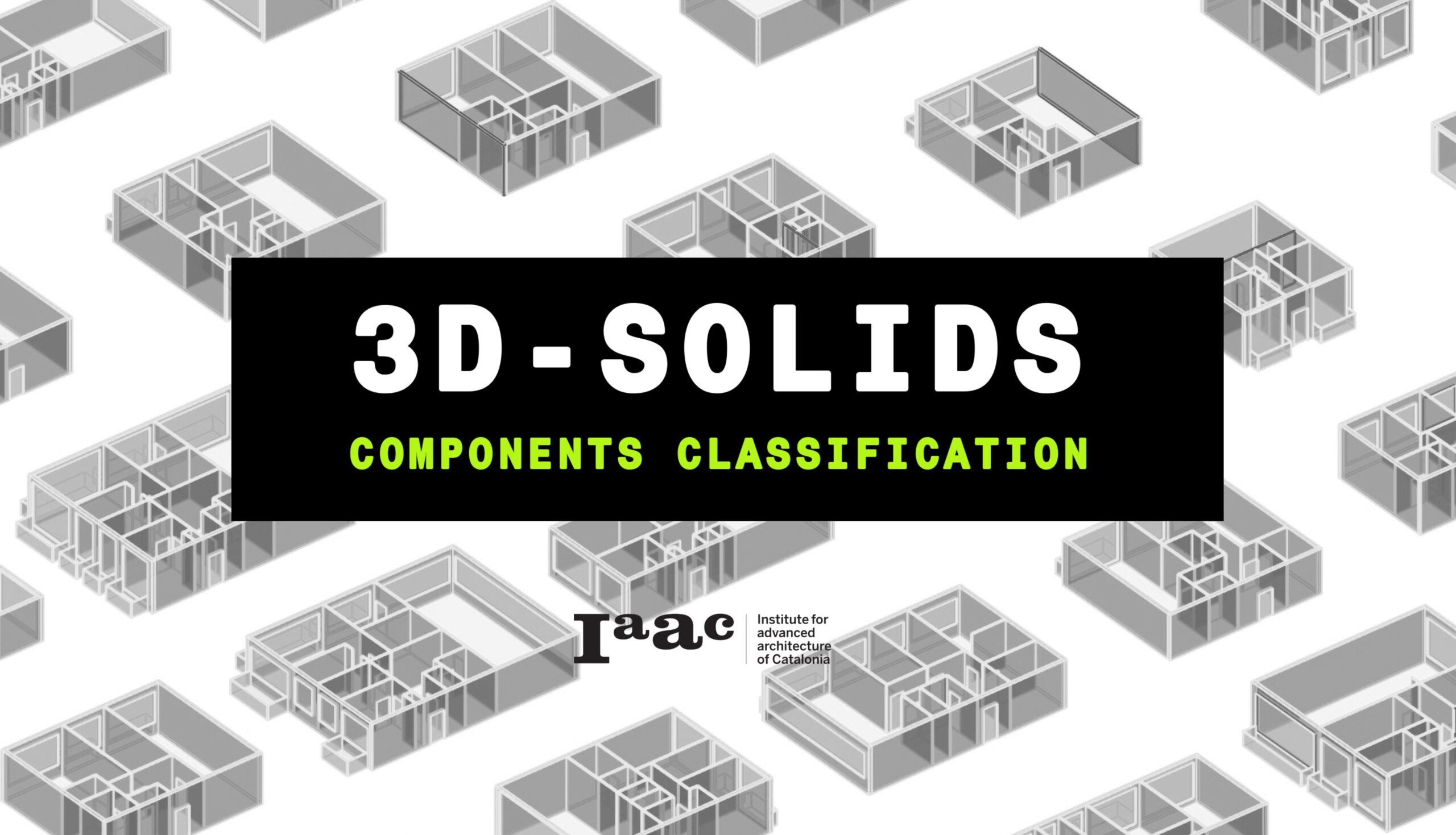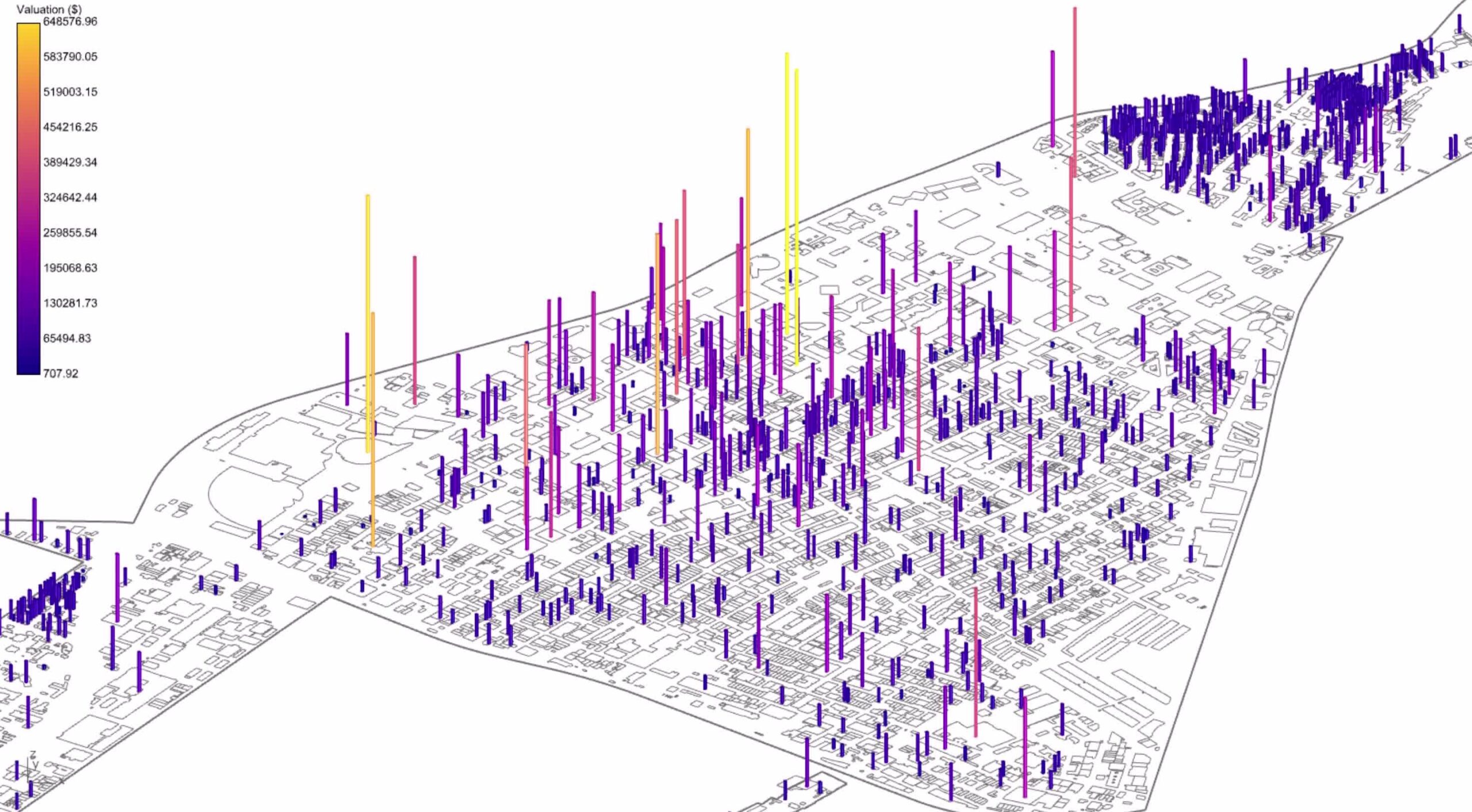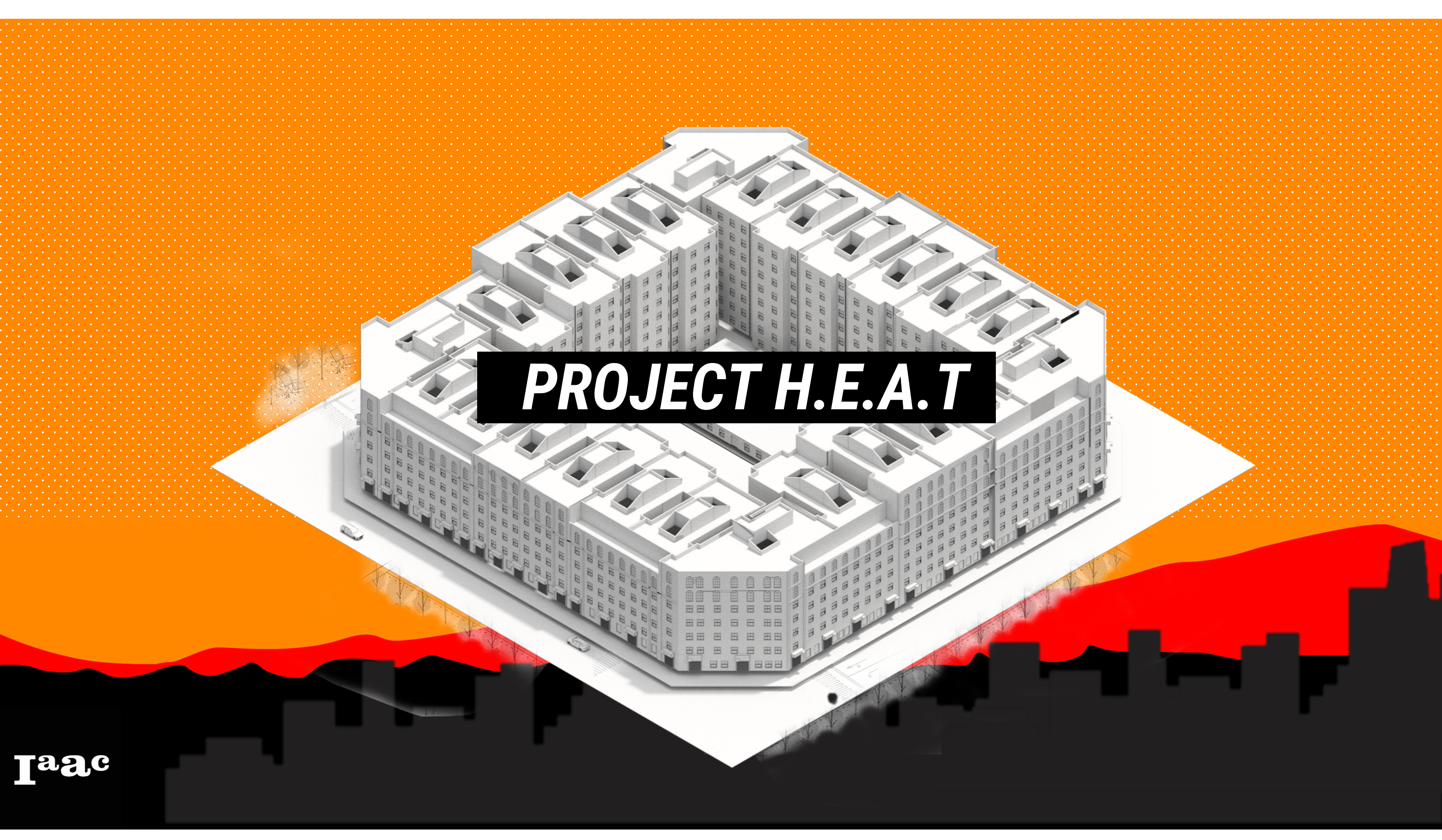Barcelona Program
Block Classification This project aims to classify urban blocks in Barcelona, focusing on the districts of Saint Martí and Eixample, based on their dominant functions. By identifying the primary uses of these urban blocks, we can gain insights into the spatial organization and functional distribution within the research area. Saint Martí and Eixample, two vibrant … Read more

